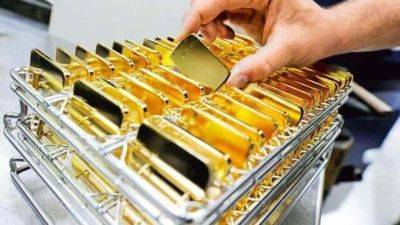Food prices that drove inflation are on a retreat, says DEA; highlights August rain deficit may impact crops
economic review for August published on Friday, the Department of Economic Affairs (DEA) said that the prices of selected food items that drove the inflation rate above 7 per cent in July are on the retreat.
«The calibrated measures taken by the Government, including adjustments in the duties of many critical inputs and monetary policy tightening, helped to reduce core inflation,» the DEA said in its report.
In its report, the department specified that the government's targeted measures for specific crops, including build-up of buffer, procurement from producing centres and subsidized distribution enabled easing of inflation in the country.
Amid growing food inflation in major economies inter alia France, Germany, Japan, South Africa, and UK, India on the other hand saw a dip in its retail inflation. As of August, consumer food price inflation eased to 9.9 per cent from 11.5 per cent in July.
Vegetable inflation, however, surged in both July and August due to various factors including a sudden price rise in tomatoes and other food items, due to crop specific and weather-related factors like rain deficiency in the country.
Nonetheless, the average inflation during April-August 2023, was 5.6 per cent, which is within the RBI tolerance limit of 2-6 per cent.
Meanwhile, the economy's outlook report highlighted that the monsoon deficit in August could impact both Kharif and Rabi crops which requires assessment.

























